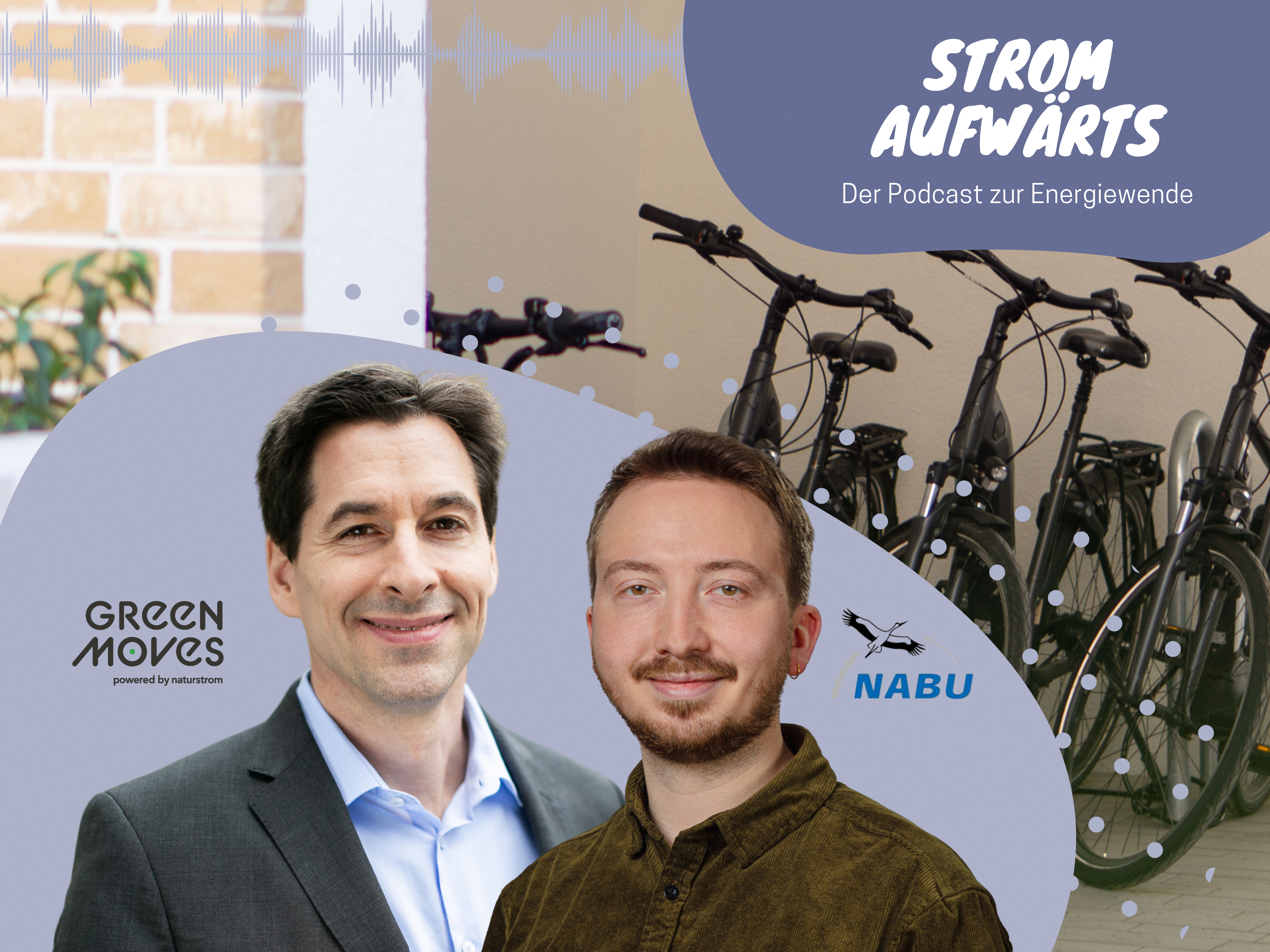The plant with an output of 4.8 kilowatts peak was erected on the roof of a clinic and will generate around 5,900 kilowatt hours of electricity per year. This covers the average annual electricity needs of two families of four in Brazil and is mathematically sufficient to completely cover the clinic's electricity consumption. The operator, Dr. Ronei Pappen, was enthusiastic about the idea of using environmentally friendly energy while saving money in the medium and long term. "My electricity bill was quite high. The photovoltaic system will reduce my bill and also shows that electricity can also be easily generated directly from solar radiation and without harming the environment," explains the doctor.
Pappen learned about the fund through the system's installer and applied to the Instituto Ideal for funding. Thanks to Brazilian net metering - a model for paying for solar power - the electricity is fed into the grid and credited to the system operator's electricity bill. Of the total cost of the system of 27,000 Brazilian reais (about 8,700 euros), 3,200 reais (about 1,000 euros) were subsidized by the fund.
Peter Krenz, who is responsible for the Fundo Solar at Instituto Ideal, explains the positive effects of installing it on a building that is open to the public: "Since this is a place that is visited by many residents, more and more people will gradually become interested in having their own photovoltaic system. In addition to net metering, promotional tools such as Fundo Solar are important to get the public to even consider the topic of photovoltaics." Krenz goes on to explain that thanks to the direct exchange of information with fund applicants and installers, the regulatory authority ANEEL was alerted to a barrier in its connection regulation of net metering. ANEEL reacted quickly and adjusted the connection regulations, and GIZ provided advisory support here as well. Simplifying the regulations makes it easier to set up and the technology cheaper - there is nothing standing in the way of the expansion of renewable energies in Brazil.
The subsidies provided by Grüner Strom Label e.V. come from a fund into which subsidies for certified green electricity products flow. The subsidies are mainly used for measures in Germany, but in individual cases also for pilot projects abroad. The construction of the solar plant in Santa Cruz do Sul was thus made possible by environmentally conscious consumers from Germany who purchase green electricity certified by Grüner Strom.
About Grüner Strom Label e.V.
The Grüner Strom Label e.V. certifies green energy products. The association awards two seals of approval for this purpose: the Green Electricity Label for green electricity with added value and the Green Gas Label for environmentally compatible biogas. The association is backed by seven non-profit environmental and consumer associations and peace organizations. The Green Electricity and Green Gas labels are the only quality seals for green electricity and biogas in Germany that are supported by leading environmental associations.









